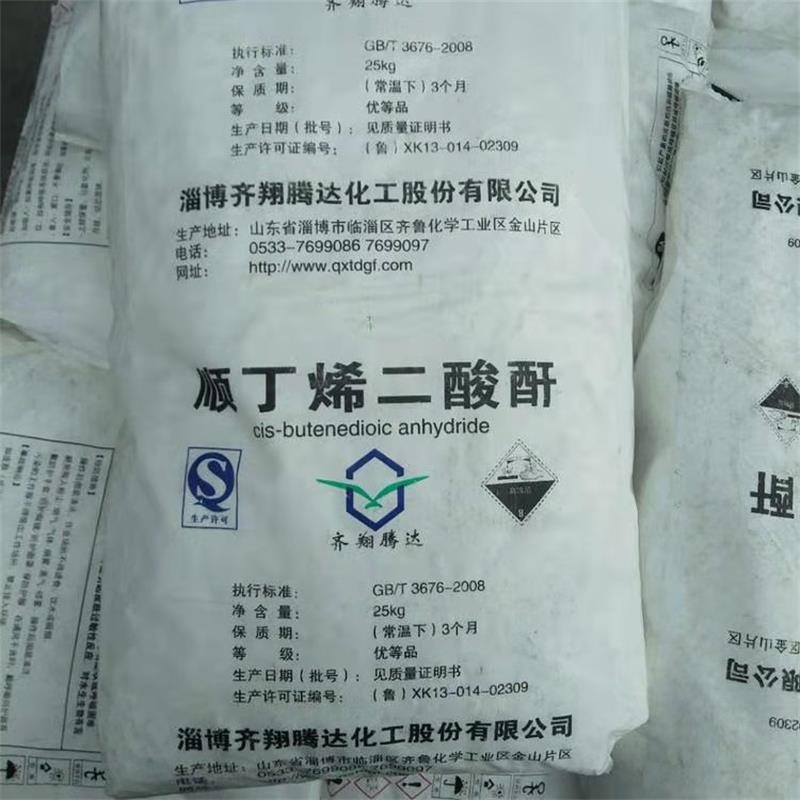你好,歡迎訪問濟(jì)南金昊化工有限公司!

專注品質(zhì),信賴服務(wù)
我們用心做產(chǎn)品服務(wù)

咨詢熱線:
13655318786

專注品質(zhì),信賴服務(wù)
我們用心做產(chǎn)品服務(wù)

咨詢熱線:
13655318786
行業(yè)新聞

上一篇:過硫酸鉀對人體有害嗎
下一篇:過硫酸鈉與硫酸鈉的區(qū)別